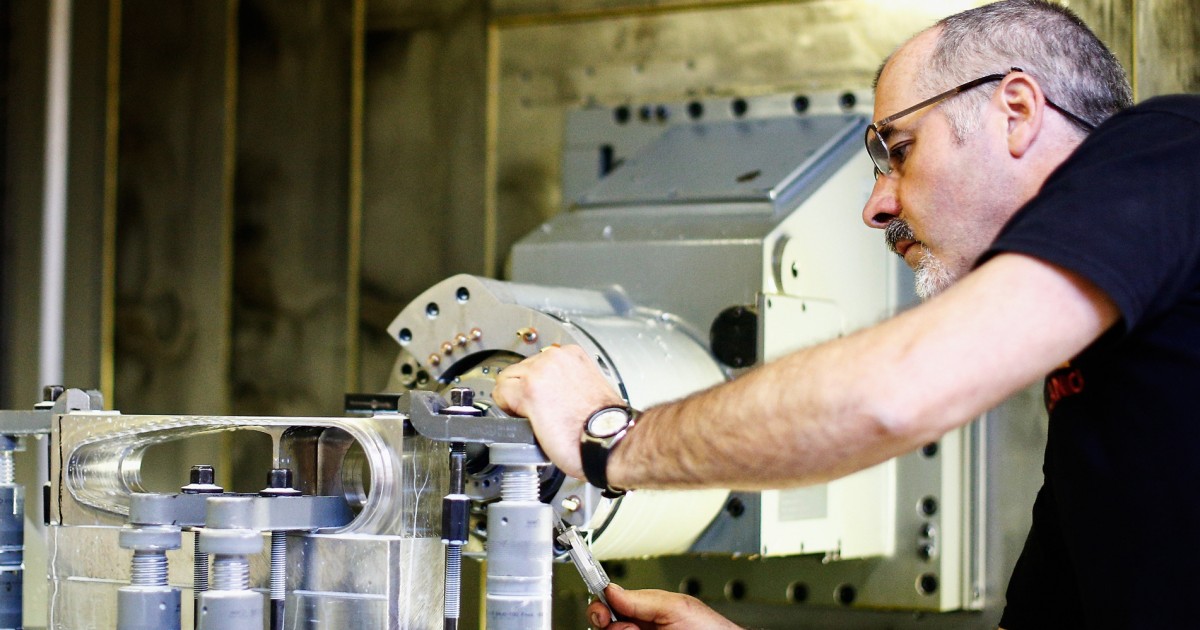
Generator
In space and astronautical engineering, a generator is a device that converts mechanical energy into electrical energy for use in spacecraft. Generators are essential for providing power to spacecraft systems, including communication, navigation, and life support. They are often powered by solar panels or radioisotope thermoelectric generators (RTGs) that convert heat from the decay of radioactive isotopes into electricity. Generators can also be used to recharge batteries that store electrical energy for use when the spacecraft is not in direct sunlight or when power demands exceed the capacity of the solar panels or RTGs. The efficiency and reliability of generators are critical for the success of space missions, as power failures can lead to catastrophic consequences.
Your Previous Searches
Random Picks
- Digital Domain: Digital Domain is a visual effects and digital production company that creates computer-generated imagery (CGI) for movies, commercials, and other media. The company was founded in 1993 by James Cameron, Stan Winston, and Scott Ross, and ha ... Read More >>
- Control: In space and astronautical engineering, control refers to the ability to manage and direct the movement and behavior of a spacecraft or other space vehicle. This includes both the physical control of the vehicle's propulsion and navigation ... Read More >>
- Breathing Exercises: Breathing exercises are techniques designed to improve respiratory function and promote relaxation. In the context of space and astronautical engineering, breathing exercises are important for astronauts to maintain their physical and menta ... Read More >>
Top News

Can Amazon's soon-to-launch Kuiper satellites rival Musk's Starlink?...
Amazon is aiming to launch its first operational satellites today to provide speedy internet connections in remote regions, but it will still take some time to catch up with its main competitor, Space...
News Source: New Scientist on 2025-04-09

A day at Uranus just got 28 seconds longer...
A day at Uranus just got a little longer...
News Source: ABC News on 2025-04-07

SpaceX's Fram2 returns from first-of-its-kind mission around Earth's poles...
The Fram2 mission, paid for and led by a cryptocurrency billionaire who is flying with three guests, has returned after a journey on a unprecedented polar orbit....
News Source: CNN on 2025-04-04

Scientists release plans for an even bigger atom smasher to address the mysterie...
GENEVA — Top minds at the world’s largest atom smasher have released a blueprint for a much bigger successor that could vastly improve research into the remaining enigmas of physics....
News Source: NBC News on 2025-04-01

Scientists release plans for even bigger atom smasher along the French-Swiss bor...
Scientists at the world’s largest atom smasher have released a blueprint for a much bigger successor that could help solve enigmas of physics, starting in the mid-2040s at a cost of about $16 billio...
News Source: ABC News on 2025-04-01